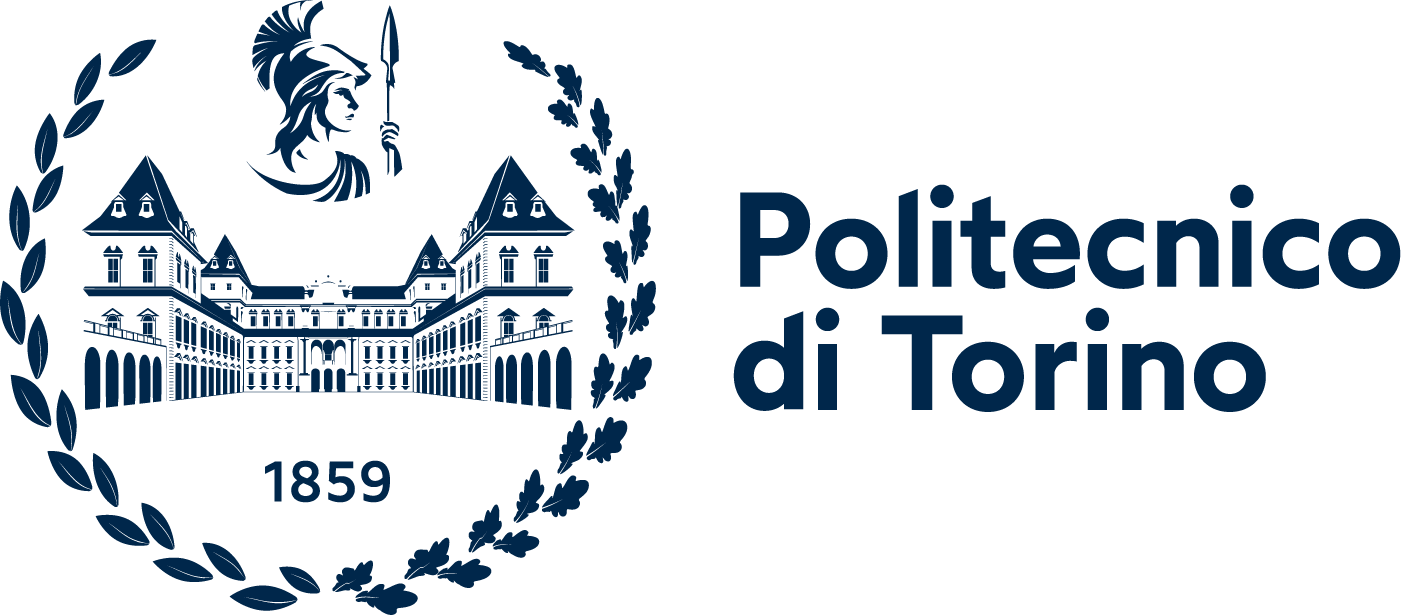IMPORTANT INFORMATION FOR COMPSAC 2022 AUTHORS
COMPSAC 2022 will be completely virtual as it was in 2020 and 2021, and all presentations will be done virtually. We will announce this update also in the submission acceptance letters to authors. Authors of accepted papers will be required to provide a video of their presentation together with the submission of the final version of their papers. COMPSAC will provide detailed guidance regarding preparation and submission of these videos.
The 5th IEEE International Workshop on Secure Digital Identity Management (SDIM 2022)
Goal of the workshop:
Secure digital identity management, required by cloud services, federated services, or newest distributed and decentralized technologies such as blockchain and distributed ledger technologies, is receiving increasing attention from both service providers’ and end users’ perspectives, in terms of protection of enterprise assets and customers’ privacy in the cloud, and possibly in the future virtual reality environments as well, respectively.
This workshop solicits contributions describing state‐of‐the‐art methodology and technology innovations in the field of secure identity management, encourages experience sharing (both positive and negative ones), and also welcomes work‐in‐progress ideas towards future concepts.
Workshop theme:
The workshop is dedicated to the security and privacy aspects of identity management (IDM) in smart devices, the cloud, or blockchain and distributed ledger environment. Topics are articulated around several important themes as “concept design”, “enabling technologies”, “federated identities”, “decentralized identities” and “applications”. It is expected they will attract both theoretical and empirical works from the IDM society, the cloud computing society, and the decentralized identity management society.
Scope of the workshop:
Any submission whose content is relevant to the area of secure identity management will be considered, but any submission whose subject matter is related to one of the following topics will be particularly welcome. Practically‐oriented approaches will also be appreciated.
- Identity‐based access control and personal data management
- Biometric identities
- Privacy‐preserving identity attributes processing and analysis
- Service‐oriented architecture for IDM in cloud
- Identity federations & trust fabrics
- Cryptographic methods for IDM
- PKI architecture, security policy, and operation method
- Identity management in the IoT environment
- IDM on a blockchain, self‐sovereign identity or other decentralized identity platform
- IDM in the virtual environment and its connection to the physical world
- Anonymization, pseudonymization, and other privacy / data protection methods
- Legal, ethical, and socioeconomic aspects
Likely participants: eID, federation and digital IDM researchers, privacy regulation and technology researchers, security and access management researchers, cryptographic researchers, blockchain & distributed ledger identity experts, SSI/DID experts, IDM industries, and government agencies.
Please visit Information for Authors for formatting instructions, page limits, and IEEE paper templates.
Important dates for submission and notification are listed here.
Workshop Organizers
Bian Yang, Norwegian University of Science and Technology, Norway
E‐mail: bian.yang@ntnu.no
Julien Bringer, Kallistech, France
E‐mail: julien.bringer@gmail.com
Hideaki Goto, Tohoku University, Japan
E‐mail: hgot@cc.tohoku.ac.jp
Program Committee
(to be confirmed)
Erik‐Oliver Blass (Airbus Group Innovations, Germany)
Jorge Bernal Bernabé (Universidad Murcia, Spain)
Julien Bringer (Kallistech, France)
Nicolas Buchmann (Freie Universität Berlin, Germany)
Julian Fierrez (Universidad Autónoma de Madrid, Spain)
Martin Gilje Jaatun (SINTEF, Norway)
Hideaki Goto (Tohoku University, Japan)
Christine Hennebert (CEA, France)
Els Kindt (KU Leuven, Belgium)
Daisuke Kotani (Kyoto University)
Qiong Li (Harbin Institute of Technology, China)
Suhaimi Napis (Universiti Putra Malaysia, Malaysia)
Yasuo Okabe (Kyoto University, Japan)
Jeng‐Shyang Pan (Shandong University of Science and Technology, China)
Hiroyuki Sato (The University of Tokyo, Japan)
Muhammad Farhan Sjaugi (Perdana University, Malaysia)
Chik‐How Tan (National University of Singapore, Singapore)
Shigeaki Tanimoto (Chiba Institute of Technology, Japan)
Bian Yang (Norwegian University of Science and Technology, Norway)
Xuebing Zhou (Huawei European Research Center, Germany)


